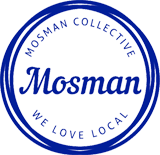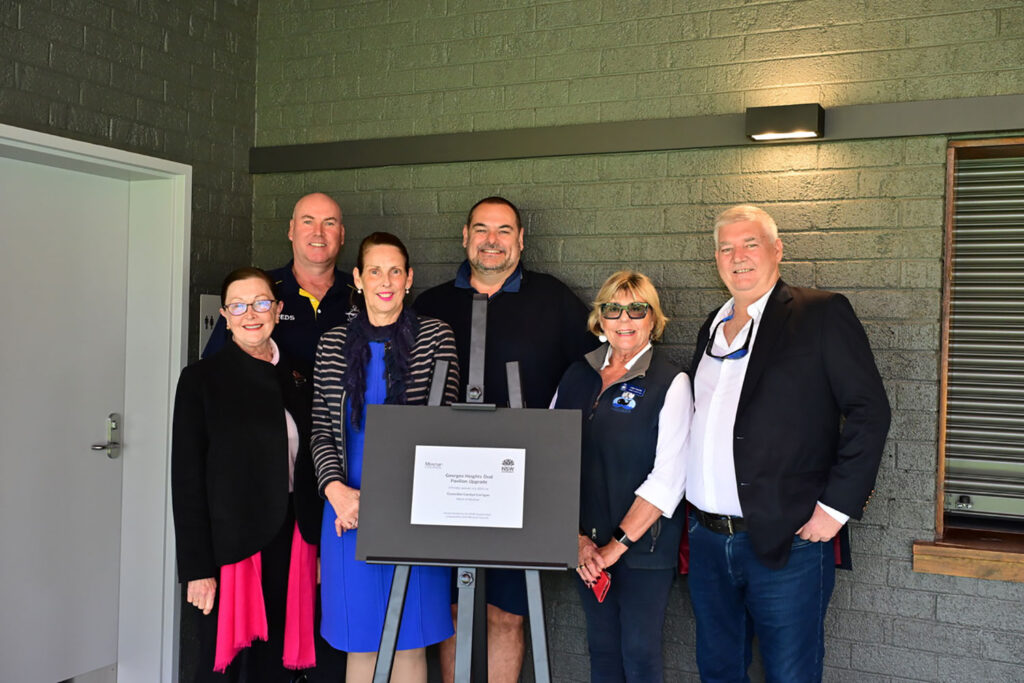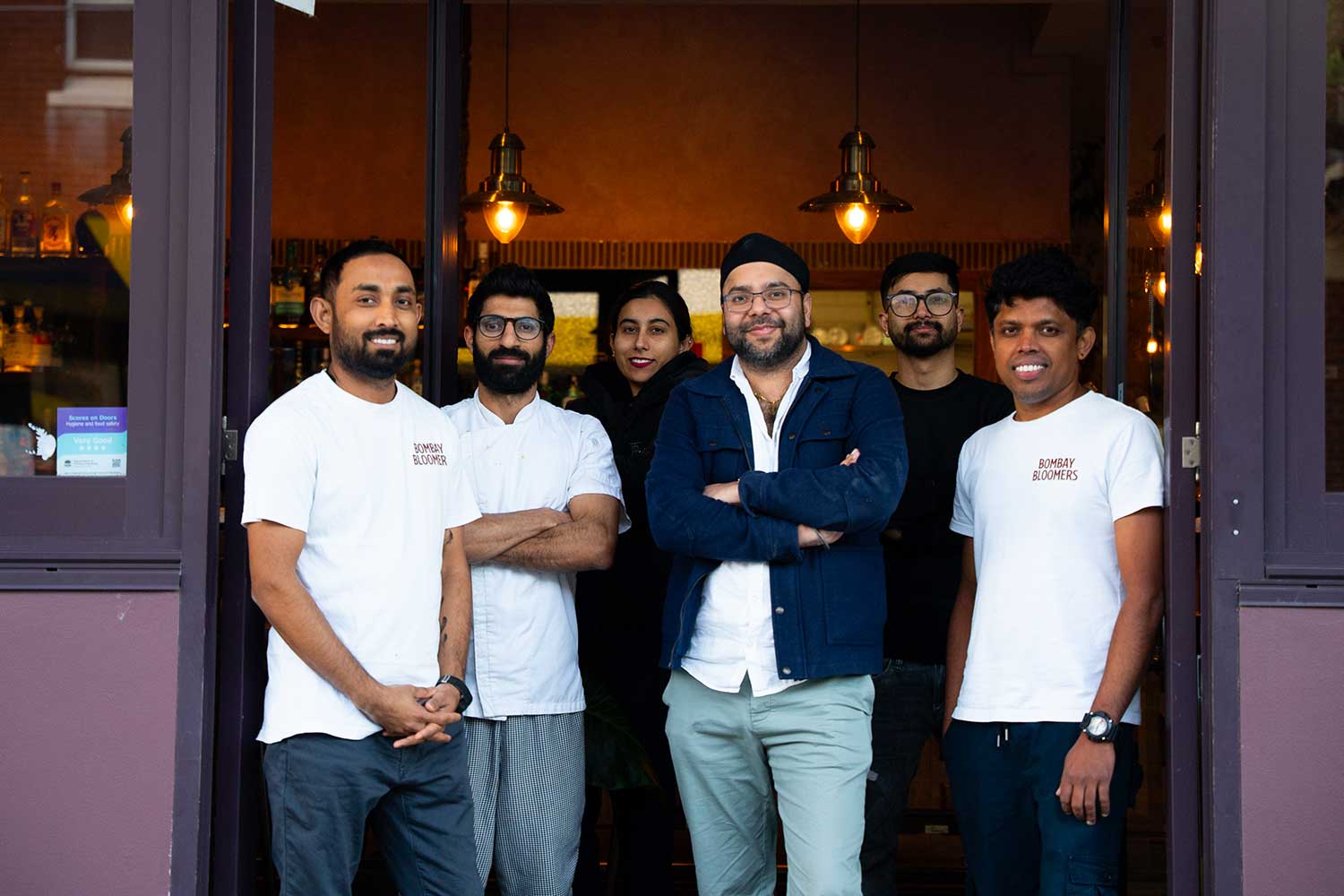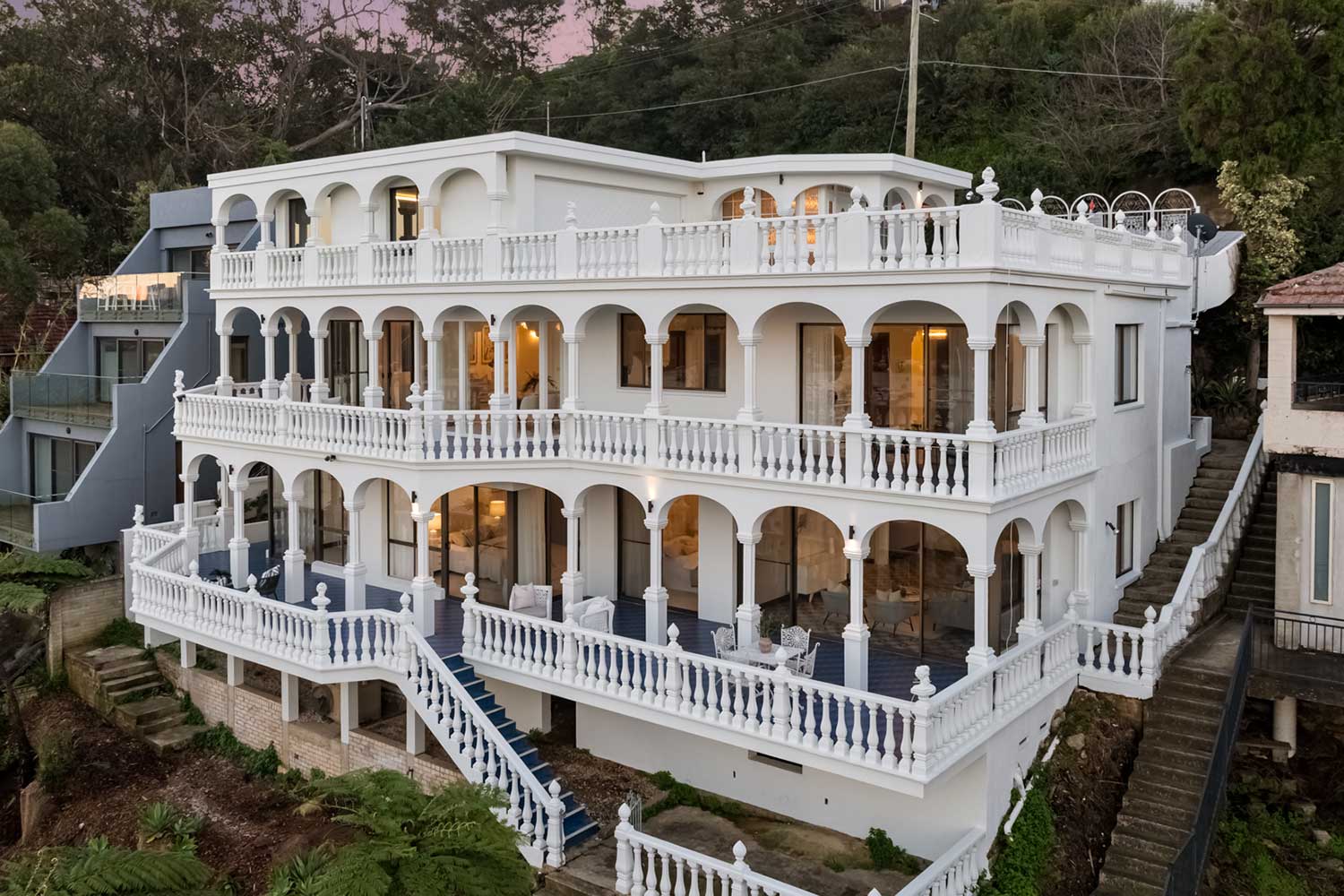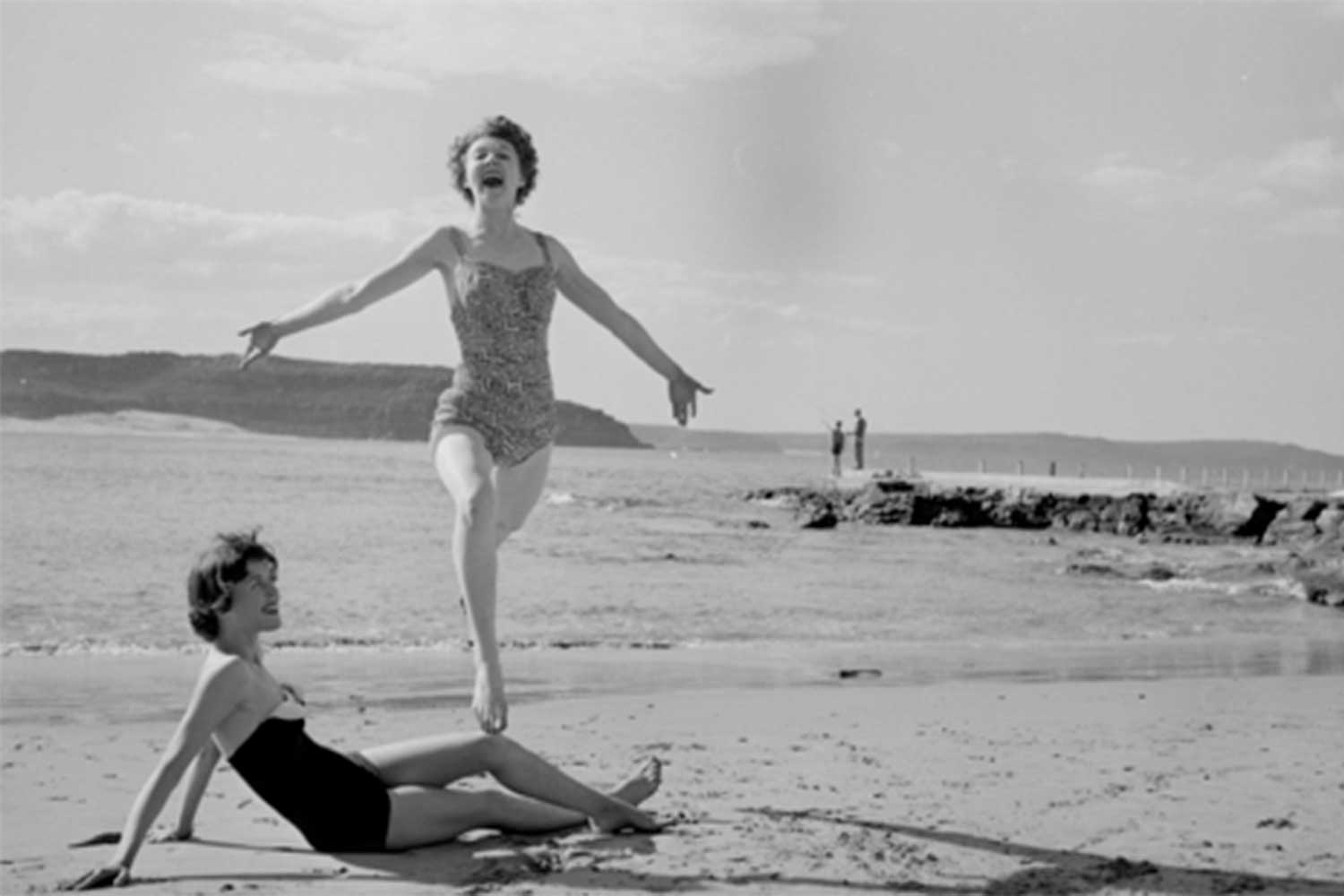Calls for Chinamans Beach in Mosman to be renamed after “racist” claims.
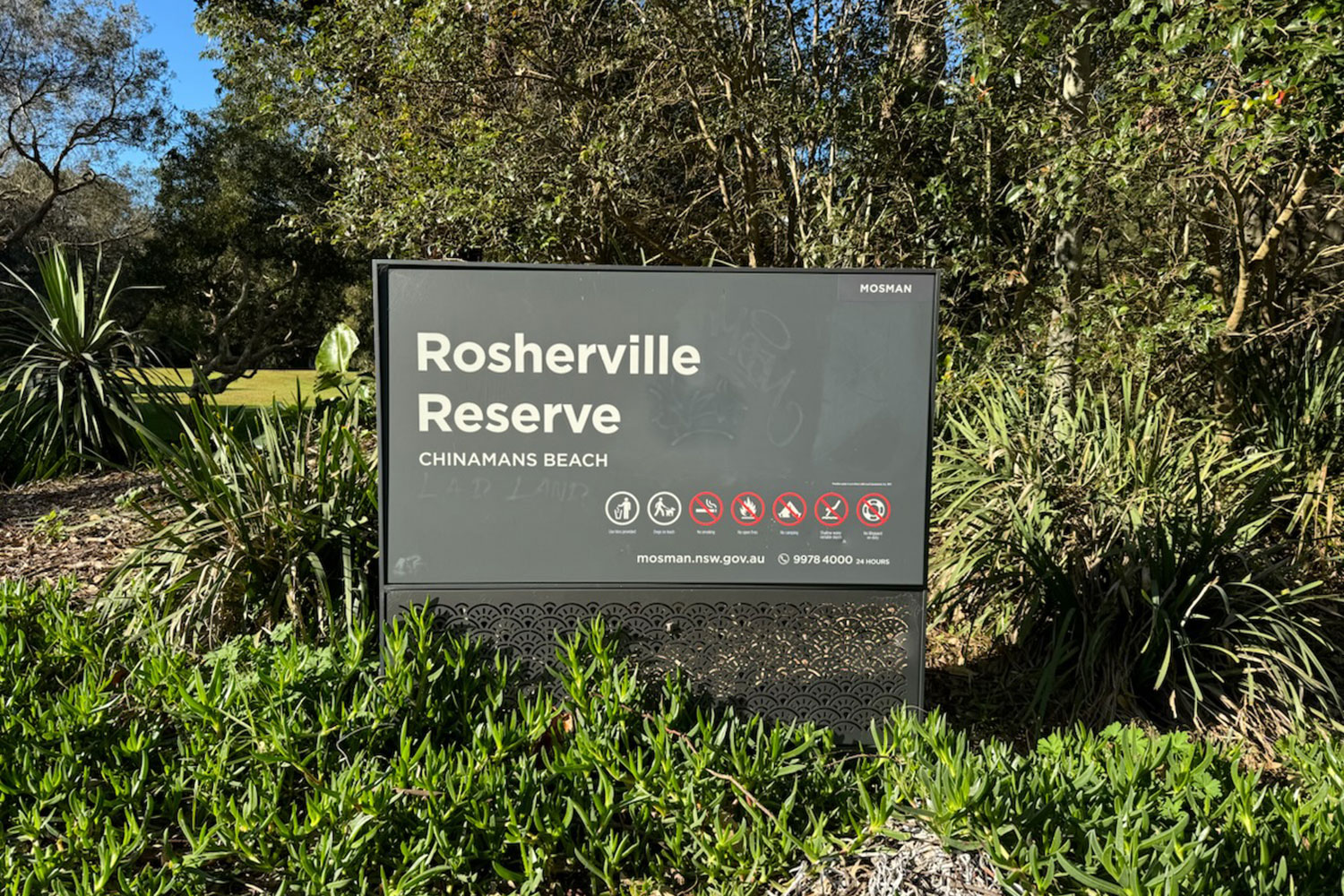
Calls have been made for Chinamans Beach in Mosman to be renamed.
By ANNA USHER
A storm is brewing over calls to change the name of an iconic Mosman beach due to its “racist” connotation.
Second-generation Chinese-Australian Osmond Chiu wants to rename Chinamans Beach, the 250m stretch of sand at the northern border of the suburb, which is surrounded by multi-million-dollar real estate.

Picturesque Chinamans Beach is located on the northern boundary of Mosman, near the Spit Bridge.
Mr Chiu told Mosman Collective the “hurtful” place name is one of 253 spots nationwide that contain the words “Chinaman” or “Chinamen”, far outnumbering other countries.
“The term “Chinaman” is derogatory and primarily used as a racist slur against people of Chinese or East Asian appearance,” Mr Chiu said.
“It is jarring to have a place named “Chinamans Beach” in the city that I was born and grew up in as if there is nothing wrong with it.
“We would never name a place or even refer to someone as a “Chinaman” today, which speaks volumes about the term.”
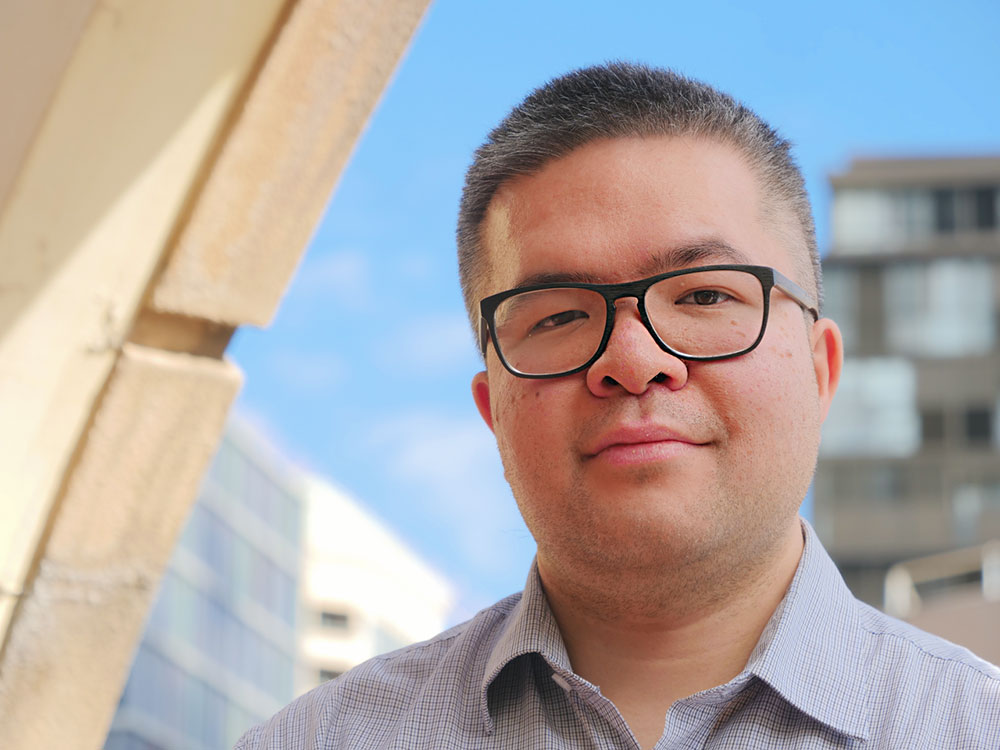
Osmond Chiu is calling for “hurtful” and “derogatory” Chinamans Beach to be re-named.
Records from the New South Wales Geographical Names Board indicate that the beach name was associated with nearby market gardens, tended by members of the Chinese community in the 1800s.
But Sophie Loy-Wilson, senior lecturer in history at the University of Sydney, has a different theory about how the popular swimming spot got its name.
She said from the 1880s; the area was also known as Rosherville Beach to promote local land sales until it was officially named Chinamans Beach in 1977.
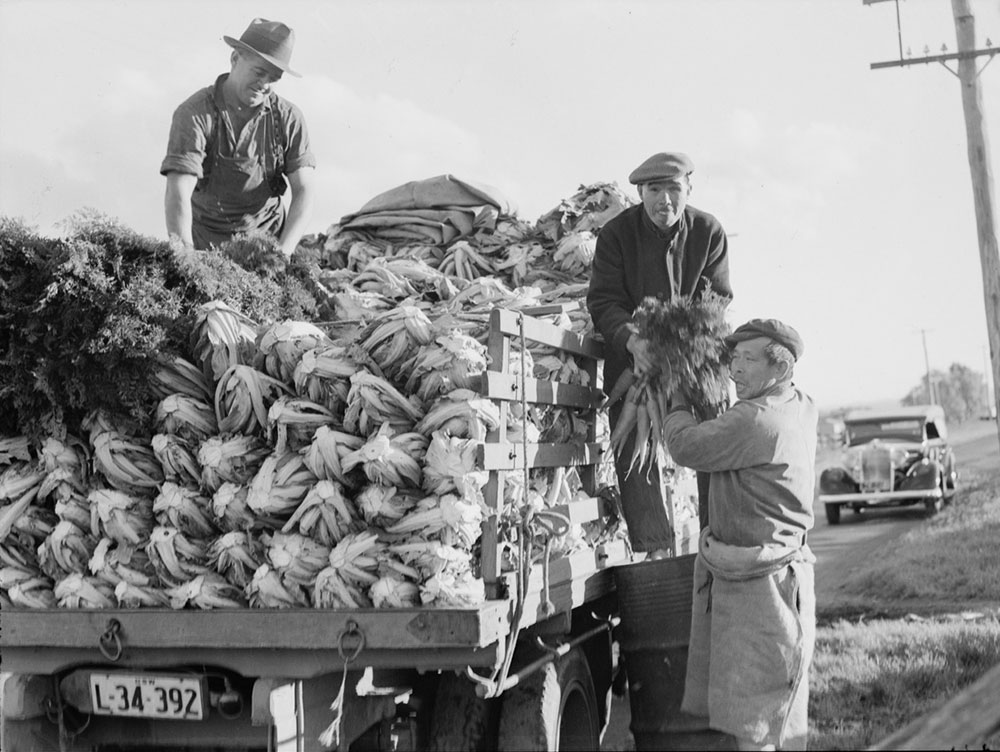
Chinese market gardens were once located near the beach, hence its name. Image: State Library of NSW.
She said the beach was named after the Chinese anglers who favoured nearby fishing spots, dating back to the British colonial period when European settlers believed in a hierarchical system.
“They believed that the race you inherited from your parents put you on a hierarchy of superiority, with Europeans at the top and other races (at) the bottom,” she told SBS in a recent interview.
“For example, during the Gold Rush era (1850-1900), Europeans, instead of learning Chinese names and Cantonese phrases, would invent these kinds of capsule phrases to describe Chinese people. It’s a way of taking away the individuality of Chinese people.”
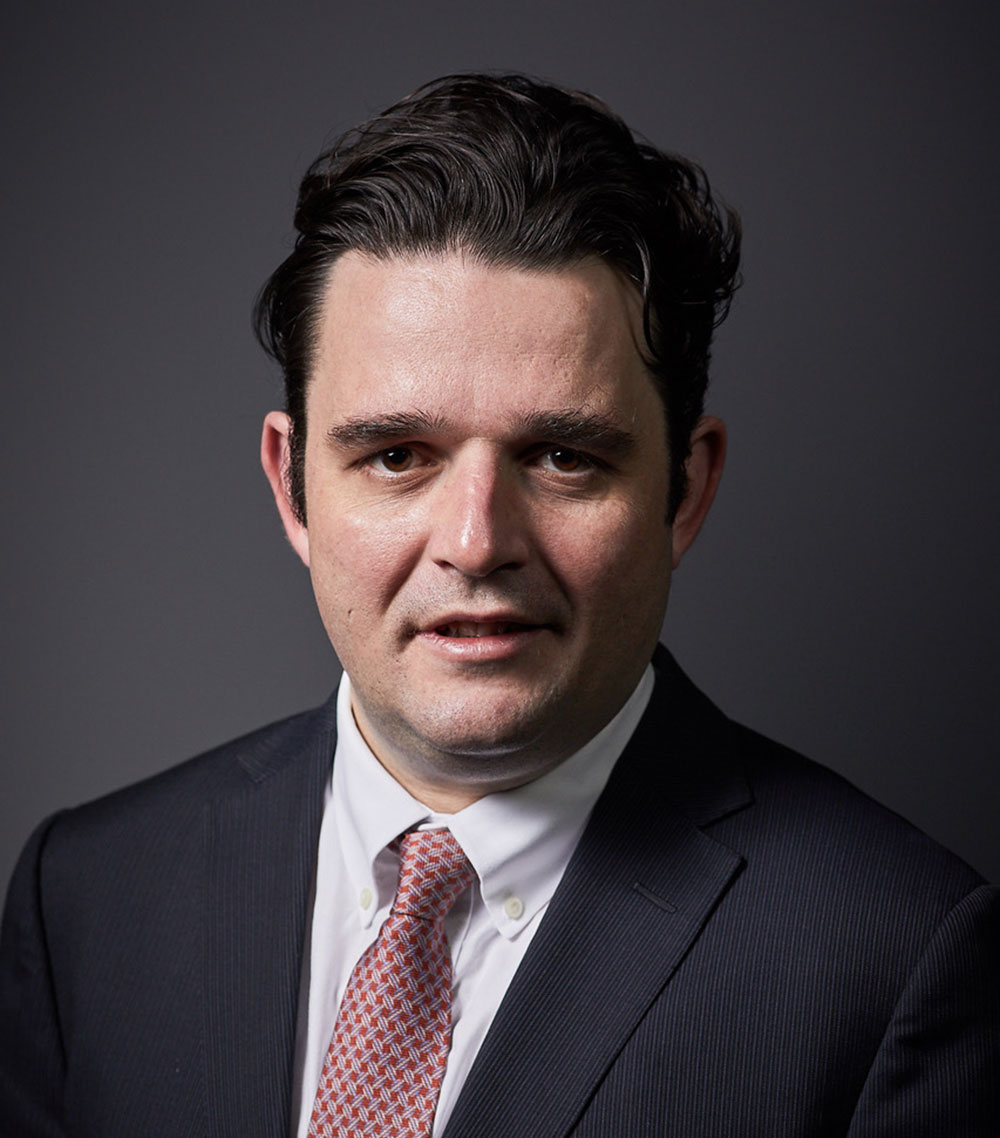
Laurie Pearcey said he witnessed “a lot of racism directed at Asian kids” while at school in Mosman.
Laurie Pearcey, a former Mosman High student now based at the Chinese University of Hong Kong, said usage of the term Chinamans Beach was “numbing” and tied up in “centuries of racism.”
“One of the first acts of parliament upon Federation was the White Australia Act, which led to a restrictive immigration policy for the best part of the next 70 years – so I say “numbing” because it’s hard to be surprised that a place [Chinamans Beach] was given that name to begin with, “Mr Pearcey told Mosman Collective.
“There was a lot of racism directed at Asian kids when I was growing up, and I saw this a lot at school.
“I remember graffiti in toilets with “Xxxx off Chinaman” (alongside slitty-eyed long moustached faces wearing Asian conical hats), and the use of words like “Gook” and “Chink” was often heard in the playground.”
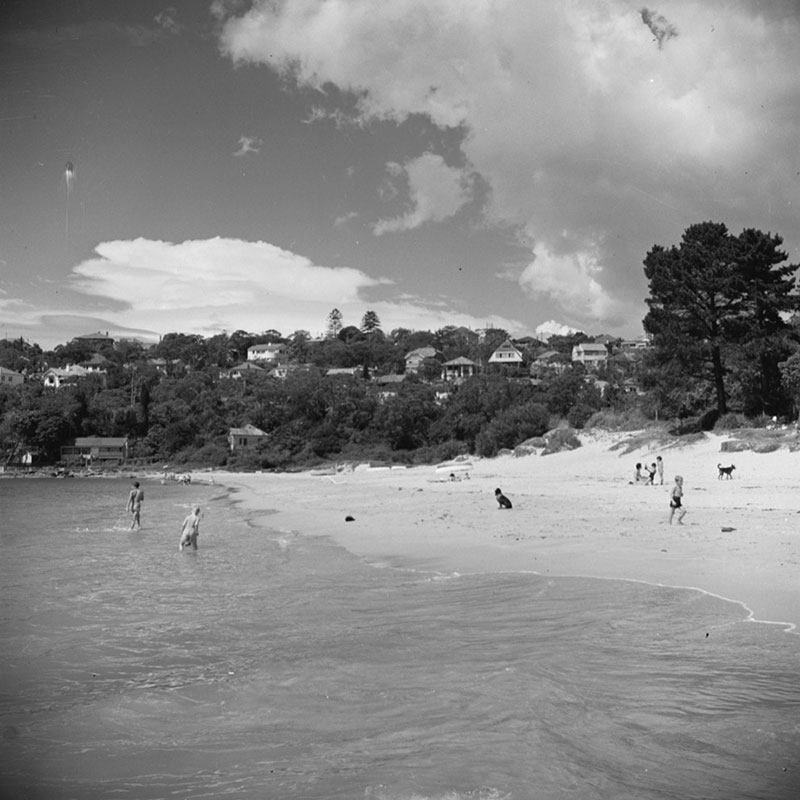
Chinamans Beach in the 1950s. Image: Max Dupain.
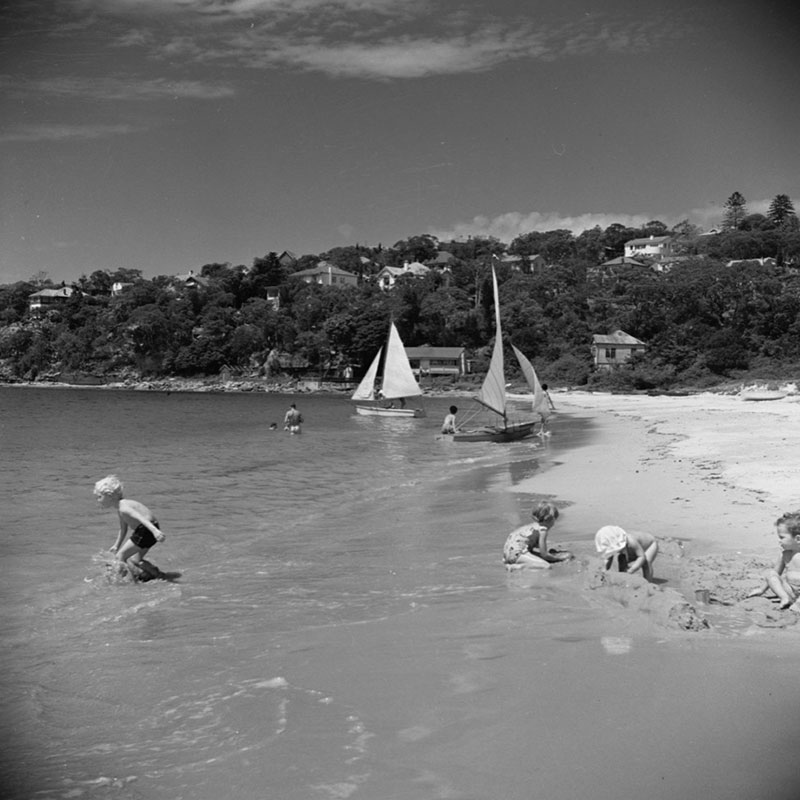
The beach has been a popular spot for day trippers since the 1900s. Image: Max Dupain.
Get The Latest News!
Don’t miss our top stories delivered FREE each Friday.
Mr Pearcey said changing the beach’s name would be one option for Mosman locals to consider.
“I would equally be willing to support an option that looked like some form of community education, so that residents and visitors could be aware of the contribution to Australian society made by Chinese Australians. This could be a QR code on a plaque near the beach or some other kind of signage,” he said.
Parriwi Rd resident and property expert Rob Klaric said there was no need for the picturesque beach to be renamed.
“Chinese buyers love that Mosman has a 2088 postcode because 88 is a very lucky number,” Mr Klaric said.
“A lot of wealthy people from mainland China love Chinamans Beach and have purchased in this area, with full knowledge it was once thought to be a Chinese market garden.”
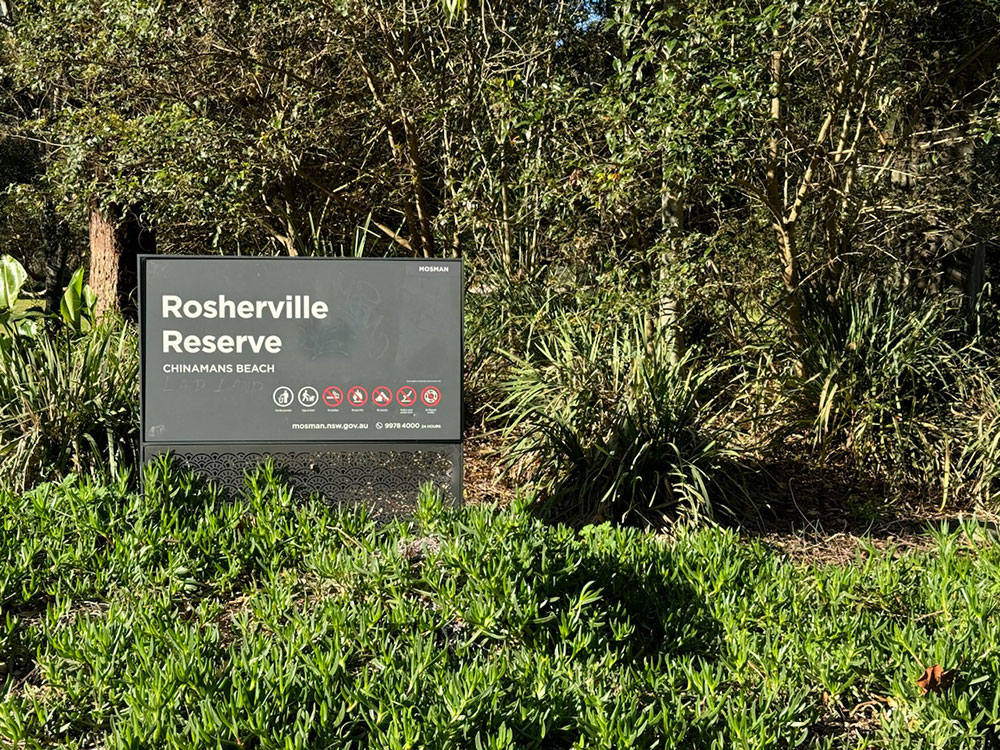
Do you think Chinamans Beach should be renamed? Let us know.
Mr Chiu said he did not want talk of a name change to divide the community.
“Many Chinese Australians I have spoken to, particularly those who are older who have lived in Australia for a long time or grew up here, feel a discussion about renaming place names is overdue,” he said.
“They have that lived experience of that term “Chinaman” being used against them as a racist slur.
He said renaming the beach after Cho Hi Tick, the original market garden leaseholder, would both respect local history and celebrate the contribution of Chinese people in Australia.
“In renaming the beach, we should consider doing it in a way that is respectful of local history while celebrating the historical presence of Chinese people in Australia,” he said.
“While it may be uncomfortable for some people, this is about having an open and frank discussion about the term [Chinaman] and its history. There is nothing to be afraid of or lose from a good faith discussion.”
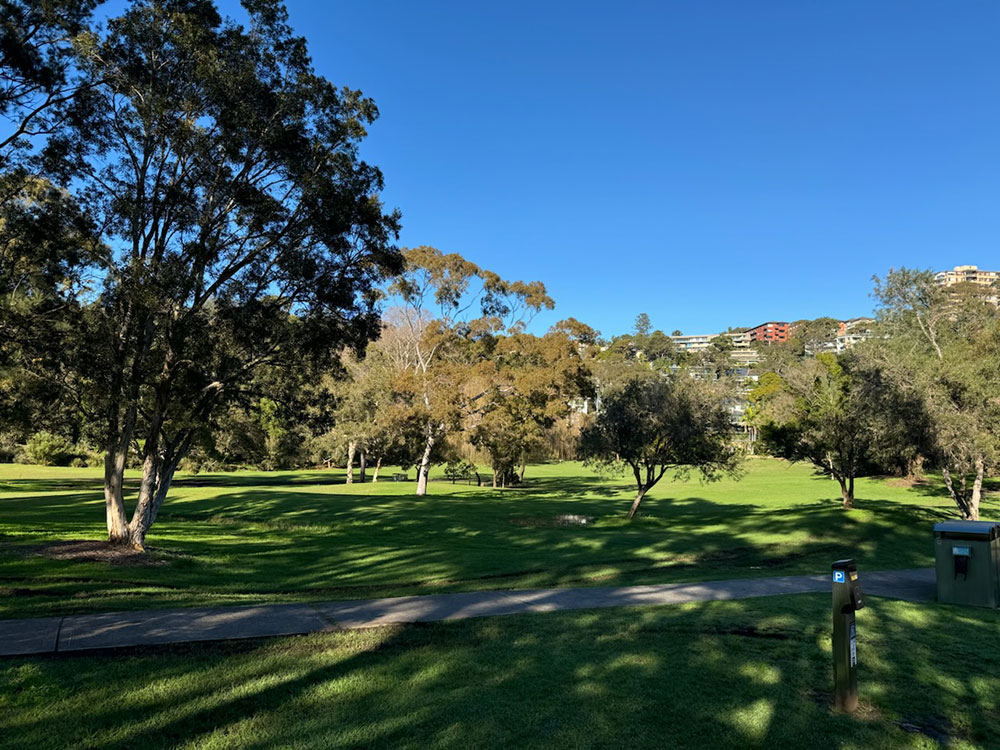
Rosherville Reserve is the stunning open parkland that leads to Chinamans Beach in Mosman.
Loy-Wilson said that to address these place names adequately, collaborations should be conducted with Chinese Australian historical societies, local historical societies, and local Chinese Australian migrant groups and organisations.
“We need to learn from Indigenous history and Indigenous politicians. Always the way forward with these questions of racism and its legacies is consultation,” she said.
Mosman Council said they are not aware of any renaming plans for Chinamans Beach.
“Naming of places and localities is a matter for the NSW Geographical Names Board,” a spokesperson said.
GOT A NEWS TIP? GET IN TOUCH!
Email: [email protected]
Get The Latest News!
Don’t miss our top stories delivered FREE each Friday.
